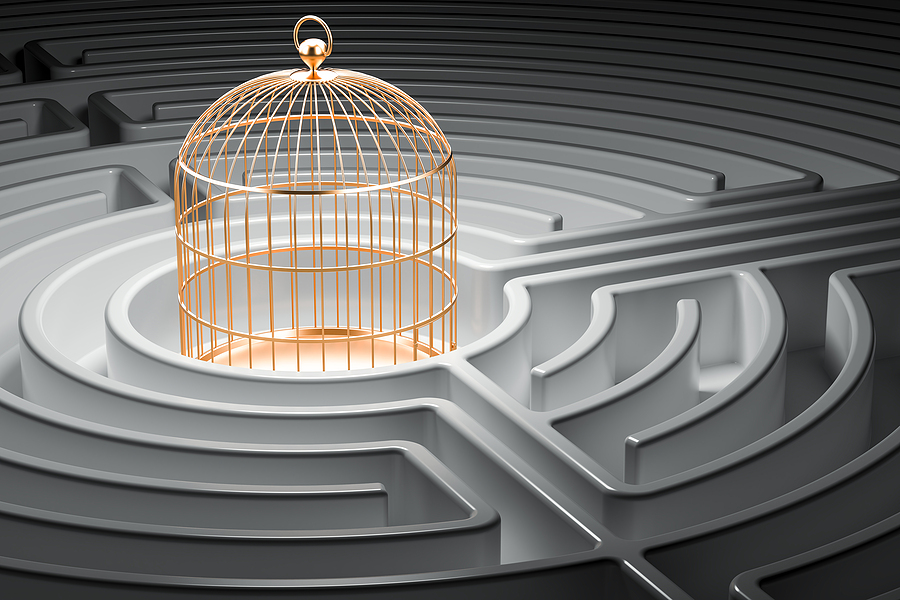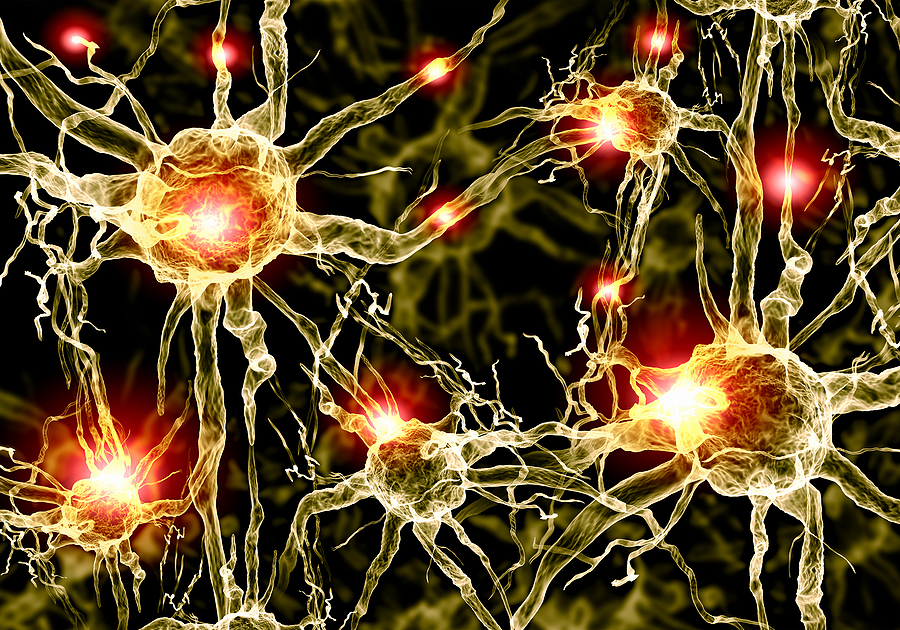Our emotions are like our internal compass; they are very useful and let us know when something isn’t right for us. At least that’s what they are meant for.
It may be useful to think of emotions as an experience of feelings, like joy, sadness, guilt, anger or fear.
However, all too often, the emotions you feel now in the present are often based on a memory from the past.
This can show up in many ways. For example, feeling stuck, not making the best decisions for yourself, finding it hard to be in the present moment, being over emotional & disassociation, just to name a few.
Our emotions can greatly affect our mood and behaviours.
Sadly, exactly how to recover from the past isn’t well known and here are the 3 biggest mistakes that people make when trying to deal with their emotions.
1. Understand them
Do you know someone who knows exactly WHY they have their problems? They know the cause, the events that led to them, how it all happened. They will know and fully understand all the patterns and triggers, and often they will find every opportunity to share them with anyone who seems even remotely interested. They will launch into their “story”. The problem is they still have the problem. Knowing why you have the problem and understanding it is a bit like knowing your car doesn’t work because its fan belt has broken, but not actually replacing the fan belt.
2. Express them
Many therapies focus on crying, talking about your problem or even shouting and screaming.
Crying does not release the emotions, nor does it resolve the problem. Although crying can give temporary relief and release endorphins, this simply masks the problem and, in fact, reliving the painful event reinforces the problem and makes it worse, rather than better.
Rather than releasing the emotions, this actually reinforces them in your neurology. Every time you think a thought, feel an emotion or recall a memory, the neurons fire in your brain along the same original path. Each time you do this you will actually be strengthening that path, making it easier for that pathway to be fired up next time.
This is why small events in the present can trigger past trauma. Expressing emotions does not release them.
Therefore, each time you relive a traumatic event, you will strengthen the neural pathway.
But if you RELEASE the negative emotions, new positive and empowering thought processes can then be installed.
3. Suppress them
This is also called denial and we do this in a variety of ways. Most people will simply kid themselves or deny that they have any problems at all. Often, emotions are suppressed or anaesthetised out of consciousness with addictions. Smoking, drinking, video games, TV, eating too much or a compulsion to eat a particular thing, even caffeine will anaesthetise your pain.
However, the pain and the problems are still there.
The neurons are still firing, but out of your conscious awareness. So, you are radiating out all that energy completely ignorantly until, boom, some big problem lands in your life and you can’t understand where it came from or why it happened when you were thinking happy thoughts.
Dr Lisa Turner







